Interview with Lynda Simmons 'I'm finally where I always wanted to be'
 Lynda Simmons is a writer by day, college instructor by night and a late sleeper on weekends. She grew up in Toronto reading Greek mythology, bringing home stray cats and making up stories about bodies in the basement. From an early age, her family knew she would either end up as a writer or the old lady with a hundred cats. As luck would have it, she married a man with allergies so writing it was.
Lynda Simmons is a writer by day, college instructor by night and a late sleeper on weekends. She grew up in Toronto reading Greek mythology, bringing home stray cats and making up stories about bodies in the basement. From an early age, her family knew she would either end up as a writer or the old lady with a hundred cats. As luck would have it, she married a man with allergies so writing it was. With two daughters to raise, Lynda and her husband moved into a lovely two storey mortgage in Burlington, a small city on the water just outside Toronto. While the girls are grown and gone, Lynda and her husband are still there. And yes, there is a cat – a beautiful, if spoiled, Birman.
When she’s not writing or teaching, Lynda gives serious thought to using the treadmill in her basement. Fortunately, she’s found that if she waits long enough, something urgent will pop up and save her – like a phone call or an e-mail or a whistling kettle. Or even that cat just looking for a little more attention!
Her latest book is Island Girl.
You can visit her website at www.lyndasimmons.com or connect with her on Twitter at https://twitter.com/#!/LyndaMSimmons and Facebook at www.facebook.com/pages/Lynda-Simmons-Author/149740745067442?.
Q: Welcome to The Writer's Life, Lynda. Can you tell us how long you’ve been writing and how your journey led to writing your latest book, Island Girl?
My first novel, Marrying Well, was published in 1997 through Silhouette Books and I went on to write 6 more romantic comedies for Harlequin and Kensington. While I enjoyed every one of them, I did feel boxed in by the necessity to create always-likeable characters, and to keep the focus on the male/female relationship.
Too often, the relationship between the mother and daughter, or the sisters or the best friends was far more interesting than anything that was going on between the man a
I found myself constantly editing out subplots that were overshadowing the main story, and shelving characters who were loud and flawed and a lot more intriguing than those always-likeable heroines.
I longed to tell a different kind of story and as luck would have it, in 2002, my agent retired, the line I was writing for folded and the editor I’d been working with moved to a non-fiction publishing house. Instead of seeing this as a run of bad luck, I decided it was the universe shoving me into the future, telling me quite clearly that it was time to give those other stories a shot.
Getting Rid of Rosie, a comedy about betrayal, revenge and female friendship, was my first step into the mainstream, and Island Girl is my final step away from the relative safety of the romance shelves into the deep dark woods of general fiction.
While I’m finally where I have always wanted to be, I know it’s a lot easier for my books to get lost in those woods, with all two copies shelved spine-out next to the full facings of Kings, Browns and Rowlings. But when I ask myself, would I go back? The answer is always a definitive no.
Q: I love your title…can you tell us why you chose it?
Interesting you should ask. The publisher didn’t like my title choice at first. They felt it was misleading, that people would assume the book was set in the Caribbean or Hawaii, but that was precisely why I liked it. The title not only turns the stereotype on its head, it also lets everyone know that the city of Toronto has its very own Island Girls.
Q: Why did you believe your book should be published?
Alzheimer’s is a devastating illness that touches more and more lives every year, and contrary to what some folks would have you believe, there is nothing even vaguely karmic about it. This disease doesn’t care who you are or what you did or how much money you have. Big Al is an equal opportunity thug, and unlike vampires, he doesn’t need an invitation to walk into your life.
My family has been dealing with Alzheimer’s for over fifteen years, and in speaking with other caregivers and families during that time, two questions came to mind over and over again: Do you have to forgive someone a lifetime of sins just because they have Alzheimer’s? And who has the right to control your future?
I knew I wanted to explore these questions and more, and what better way than in a work of fiction? A story where a fiercely independent woman like Ruby Donaldson, who wasn’t always a good mother and can be decidedly unlikable on the best of days, finds her independence threatened in the worst possible way, and must now face both of those questions head on: does she deserve forgiveness? And who will control her future?
I knew going into this project that the subject matter and the characters were controversial, and that just like Ruby, not everyone was going to like it. But the issues are real, and won’t go away simply because we refuse to face them. With Island Girl, I wanted to take a realistic, no-holds barred look at Alzheimer’s, alcoholism and mental acuity with a story that is at times dark and at others hilarious, and let the reader decide who was right, and who was wrong.
Q: We all know that publishers can’t do all of the publicity and that some lies on the author. What has your publisher done so far to publicize the book and what have you done?
The publisher sent out ARCs and press releases. I hired a publicist and took on virtual book tours such as this one. I also do bookstore signings, library readings and talks on writing to various groups. Anything at all that will bring Island Girl to readers’ attention!
Q: What book on the market can it compare to? How is it different? What makes your book special?
The obvious comparison is Still Alice, but other than the fact that they both deal with a woman with early on-set Alzheimer’s, the books are nothing alike. Told in three first person viewpoints, Island Girl is about family, friends and the nature of love when hard choices have to be made.
Ruby is no one’s idea of a perfect mother. She snoops, she lies and she always believes she’s right. As a result, she is estranged from her older daughter, Liz, an aspiring alcoholic who blames her mother for the mess their family has become and for the fact that Grace is a virtual prisoner on the Island. Accustomed to getting exactly what she wants, Ruby quickly discovers that forgiveness is not a right and cannot be demanded. It has to be freely given, but Liz isn’t about to do anything that will make her mother happy. Ruby always thought she’d have a lifetime to make things right, but suddenly time is running out.
Island Girl has been described as everything from a difficult read, to this summer’s must-read. The only common denominator is the emotional reaction this book elicits in a reader. You might love Ruby, or you might hate her, but the one thing you will never be is indifferent!
Q: Open to a random page in your book. Can you tell us what is happening?
Ruby’s daughter Liz is standing outside Fran’s restaurant in downtown Toronto. She’s dressed in her Donut King uniform, complete with fetching hairnet, watching her mother through the glass. She knows Ruby has seen her, and Ruby knows Liz has seen her too, but neither one will make the first move. It’s a very telling scene, capturing the essence of both women and their struggle for control.
Q: Do you plan subsequent books?
I’m always planning. It’s just a matter of what the publisher is buying! Right now I’m working on a black comedy which is new for me. It will be interesting to see how it all works out.
Q: Thank you for your interview, Lynda. Do you have any final words?
Buy the book? Those words work for me! Cheers.



















































































































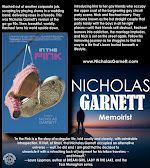


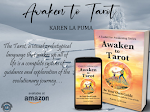
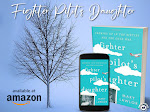





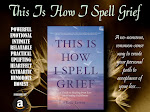
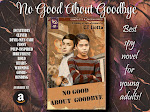


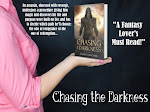






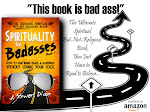



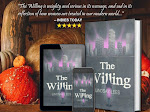
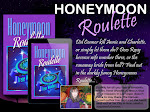
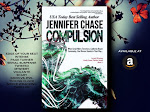
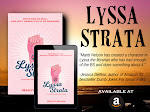
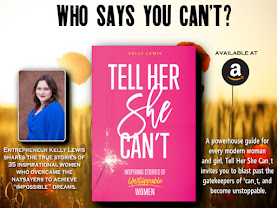














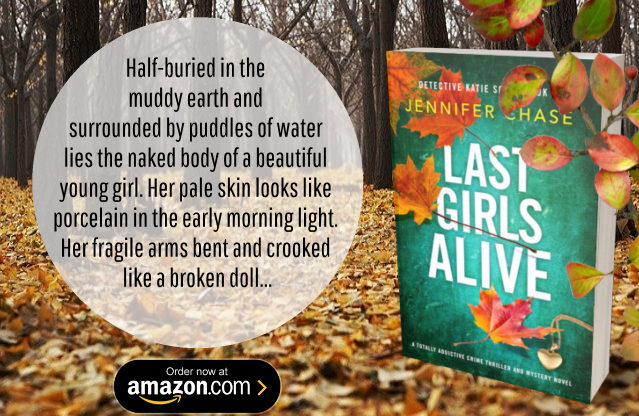
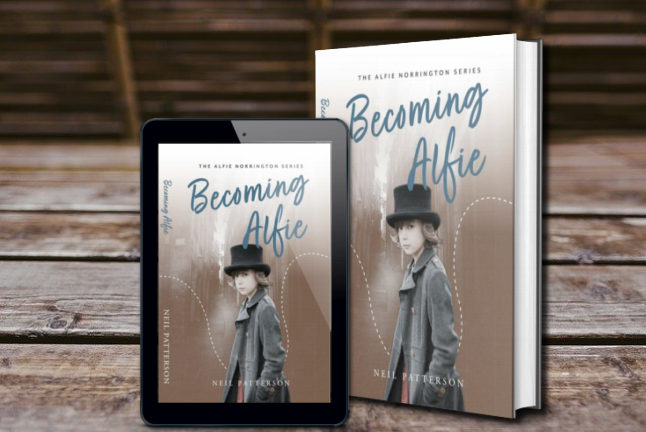
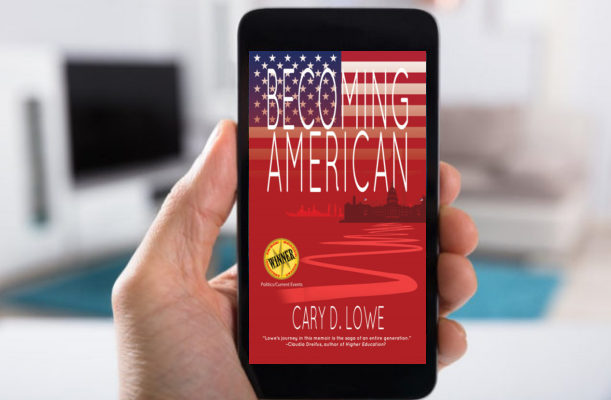

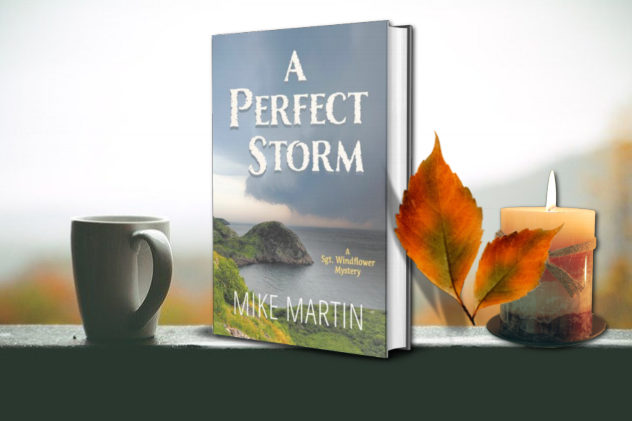
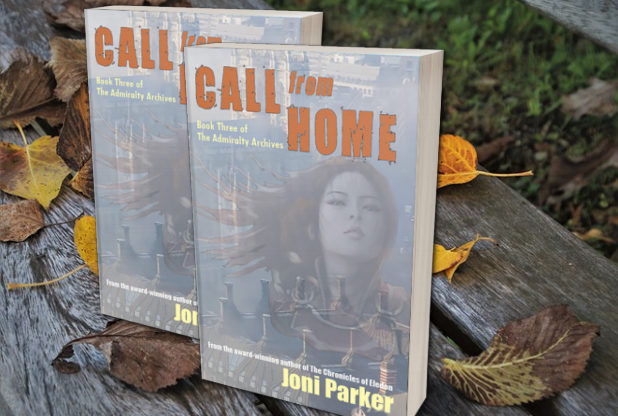



Leave a Comment